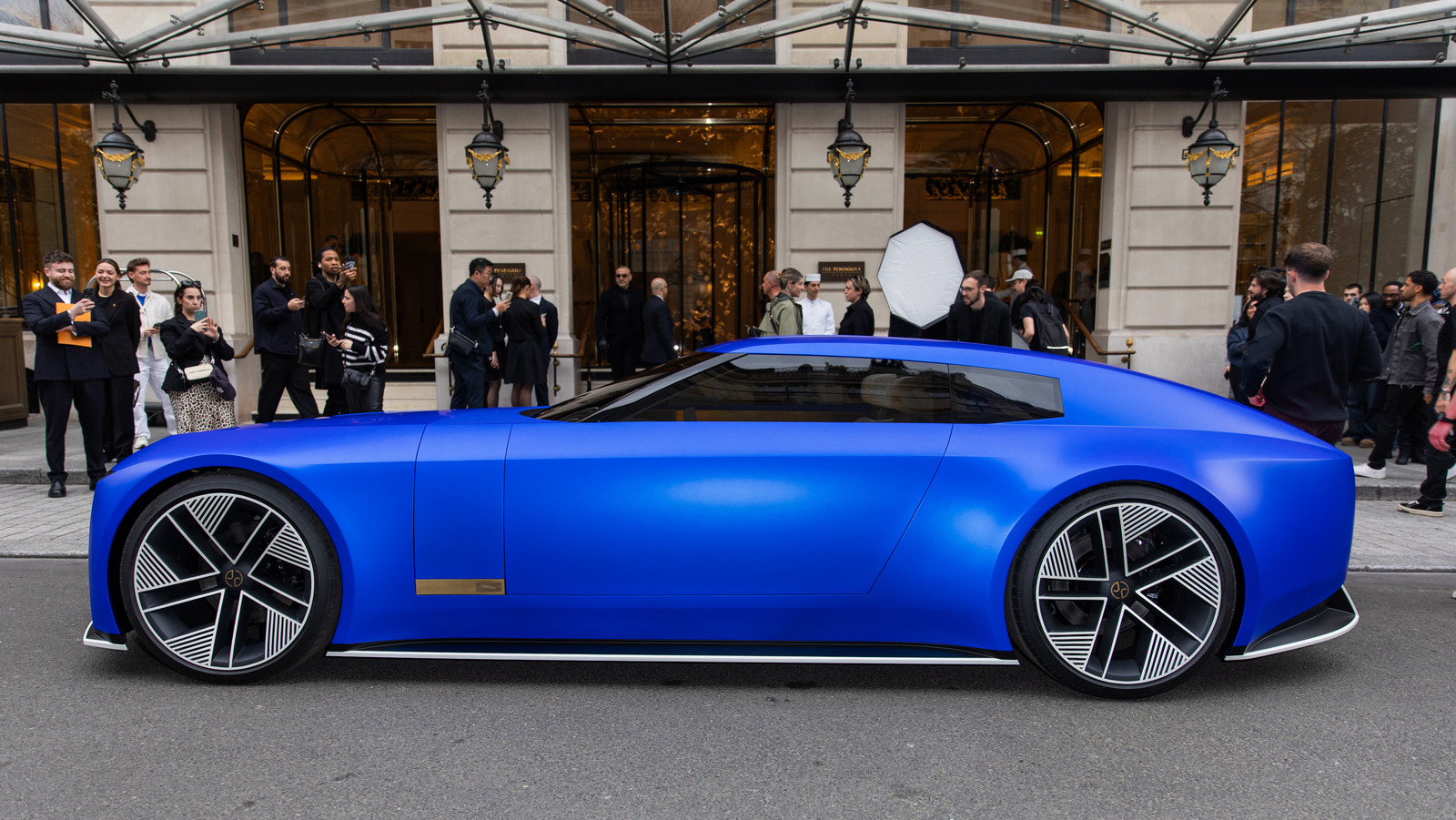Jaguar is embarking on a significant transformation as it prepares to replace its traditional gasoline-powered vehicles with electric models. The brand, owned by the Indian automotive giant Tata Motors, has announced plans to launch the new Jaguar I-Type, marking a pivotal shift in its production strategy. This move comes alongside the departure of CEO Adrian Mardell in July 2025, signaling a broader change within the company.
Manufacturing Shift and Production Plans
Traditionally, Jaguar’s vehicles have been manufactured in the United Kingdom, with key production sites located in Warwickshire, Coventry, Solihull, Castle Bromwich, and a facility near Wolverhampton. Despite its British roots, Jaguar Land Rover (JLR) operates additional plants in Slovakia, India, and Brazil. There is also a joint-venture facility in China, extending its global reach. Notably, the company does not have any factories in the United States, despite the American market accounting for approximately one-quarter of its sales.
As part of its transition, Jaguar has ceased production of several iconic models, including the F-Type, which will end the era of the brand’s gasoline sports cars. The F-Pace will also be the last of the legacy models produced at the Solihull facility before the full shift to electric vehicle (EV) manufacturing. Additionally, the company concluded its contract with Austrian manufacturer Magna Steyr, which produced the E-Pace and I-Pace models, in 2024.
Strategic Marketing and Future Outlook
Jaguar is not only focusing on new vehicle production but is also investing in marketing strategies to generate excitement around its upcoming launches. The brand’s latest campaign, titled “Copy Nothing,” has gained traction through viral channels, while the unveiling of its bold Type 00 concept car at Paris Fashion Week in March 2025 aims to reinforce its image as a luxury car manufacturer.
The anticipation for the all-electric Jaguar I-Type is building as it is set to enter the global luxury car market in 2026. This pivotal model is seen as a crucial step in Jaguar’s efforts to redefine itself in a rapidly evolving automotive landscape. Production of the 2027 Jaguar is expected to commence at the Solihull facility in 2025, further solidifying the company’s commitment to electric mobility.
As Jaguar navigates this transformative period, the focus remains on innovation and sustainability, aligning with global trends toward electrification in the automotive industry. The outcome of these changes will be closely monitored by stakeholders as Jaguar aims to establish itself as a leader in the future of luxury electric vehicles.
